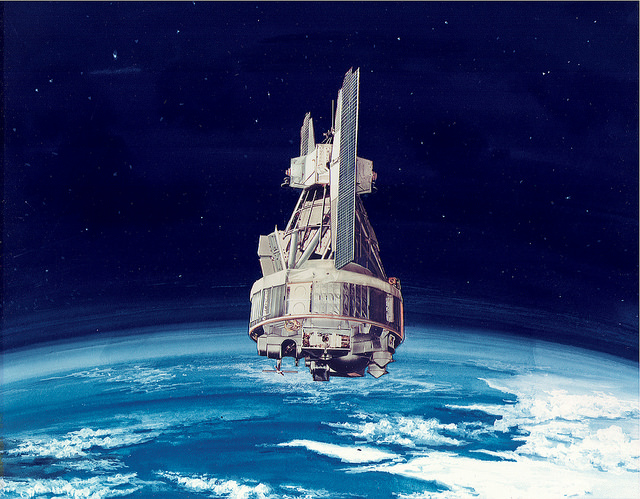10 Achievements of Mankind Made Possible by Economic Freedom
5. The Scientific Revolution
The scientific revolution was the emergence of modern science during the early modern period, when developments in mathematics, physics, astronomy, biology (including human anatomy), and chemistry transformed views of society and nature. The Scientific Revolution began in Europe towards the end of the Renaissance period and continued through the late 18th century, influencing the intellectual social movement known as the Enlightenment.The birth of independent universities in medieval Europe, the Renaissance rejection of medieval tradition, the rise of scepticism, and the new bourgeois class led to the discovery and the implementation of the modern scientific method.
The rise of economic freedoms during the Early modern period and the Protestant Reformation led to the Age of Enlightenment. The Scientific Revolution of the Early modern period was the foundation of modern science. The Scientific Revolution marked a transition from an implicit trust in the internal powers of man’s mind to a professed dependence upon external observation; and from an unbounded reverence for the wisdom of the past, to a fervid expectation of change and improvement.
Rapid accumulation of knowledge, which has characterized the development of science since the 17th century, had never occurred before that time. The new kind of scientific activity emerged only in a few countries of Western Europe. It was restricted to that small area of the globe for about three hundred years because of the economic and political freedoms of the western society. Only in the 20th century has scientific knowledge been assimilated by the the world outside of the West.







